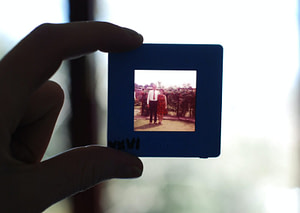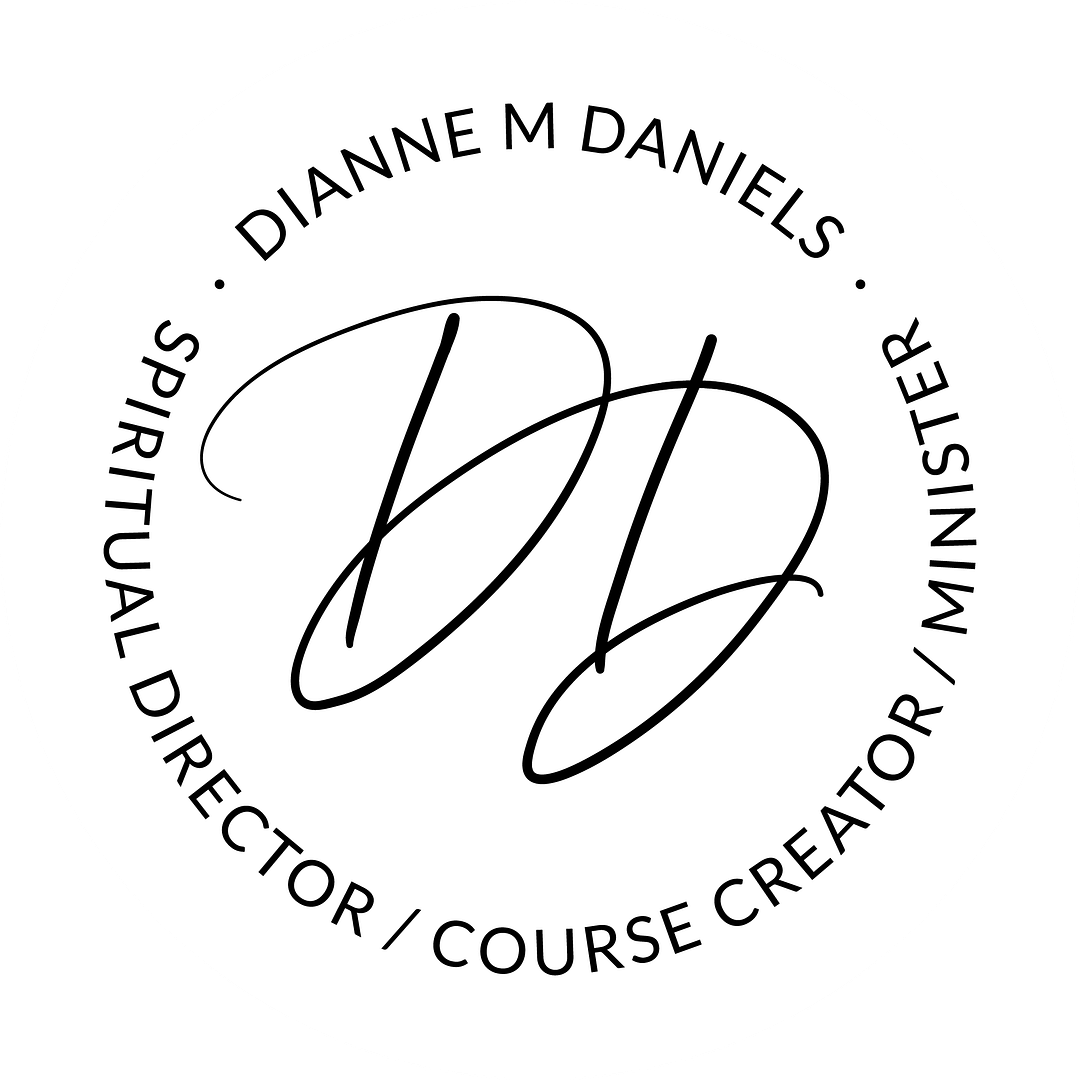So, you’ve committed to journaling, and you started in a low-stress, simple way: with a set of daily journal pages, blank lined pages, or even blank sheets that you drew, doodled, and wrote on.
 After all, when starting a new habit, you don’t want to invest a LOT of your hard-earned dollars until you know it’s going to benefit you, and that the habit will “stick.”
After all, when starting a new habit, you don’t want to invest a LOT of your hard-earned dollars until you know it’s going to benefit you, and that the habit will “stick.”
Now you’ve put in some time and created that consistent, positive habit, and you have found yourself with a small-but-growing stack of completed journal entries – whether they are pages or drawings, and they took time and energy to complete and compile.
Your blood, sweat, tears, and other emotions have been poured out and you have wrestled with demons, dreamt big dreams, and tracked your journey from where you were to where you are now.
Time has gone by and now you have a record of your triumphs and your tribulations sitting there on a shelf, or in a folder, or just in a stack on a table.
Now what?
The act of creating a journal, whatever form it might take, is one avenue for self-care. The act of reviewing your entries is another. There is much to be gained from reviewing your journals as time goes by.
Consider this:
Those journals are a true and accurate view of your life at that moment. 
Re-reading or reviewing your journal can give you a perspective that you didn’t have back then. You can see yourself more objectively because you aren’t in that space any longer.
Reviewing your journals can give you deeper insight into a path you were too close to see clearly when you were living through it and in the moment. Being able to read through in a short time what took you a long time to live through can help you create some cliff notes about how you manage stress, celebrate success, or set and achieve goals. You now literally have the ability to armchair quarterback yourself.
Giving yourself the time to review your journals can help you to forgive others and recall with gratitude how far you have come. You can literally see your resilience and the way that things played out. This can be healing and encourage you that all things do work out for your best and highest good.

You can show your children what you wrote and how you felt about the challenges you faced, how you celebrated your victories, and give them a glimpse of your humanity rather than just seeing you as a parent.
You could leave a legacy of honest communication and realistic human experience that impacts those you love the most and can help you pass along the lessons you’ve learned.
Reviewing your journal can also spark a renewal of old ideas. You may have forgotten about that idea you chronicled in your journal some time ago. Seeing it again could be the catalyst to spur you to act now. Nothing is ever wasted when it is recorded and reviewed. Now may just be the perfect time to act when you didn’t have the resources – or the commitment – before.
Review your journals with grace and be gentle to the person you were on the way to becoming who you are. Be kind, be open-minded, and most of all celebrate!






